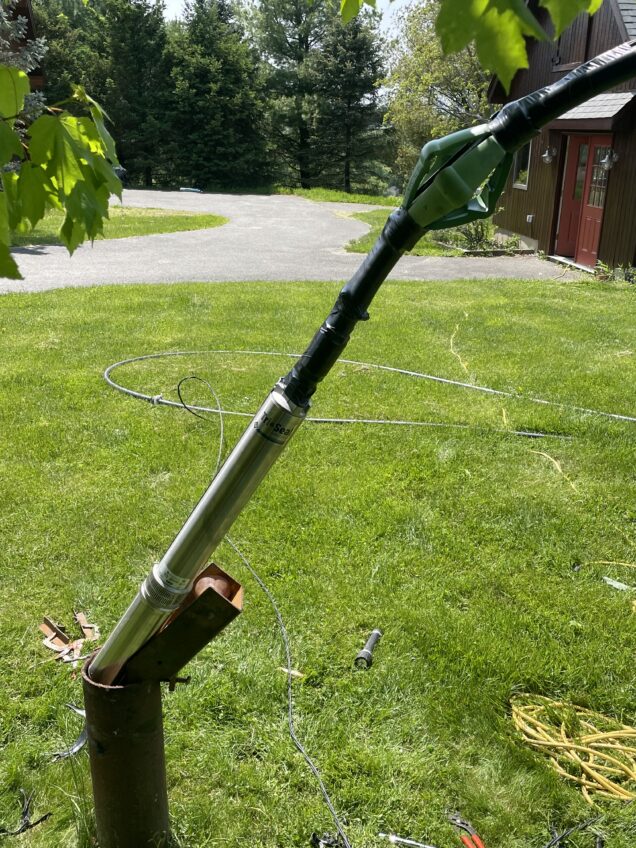For many homeowners across the country, having access to a private well is a valuable and reliable source of drinking water. However, if you’re considering installing a well on your property, it’s essential to understand that drilling your own well is no longer a feasible option in most states. In fact, regulations now mandate that any water well must be drilled by a licensed well-drilling contractor.
In the past, some homeowners might have contemplated the idea of digging their own well for reasons like convenience, cost savings, or a desire for self-sufficiency. However, due to various factors such as groundwater contamination risks and the need for specialized equipment, drilling a well by yourself is not a practical undertaking.
Different Types of Private Water Wells
There are two main types of private water wells: driven wells and drilled wells. Driven wells, which are typically shallow and easily contaminated, can be excavated using hand- or machine-driven small-diameter pipes. On the other hand, drilled wells, installed by rotary-drilling machinery or percussion cable, can be much deeper (ranging from 300 to 1,000 feet) and are sealed with casing to reduce contamination risks.
Driven wells are excavated using a hand- or machine-driven small-diameter pipe. If hand-driven, they’re typically 30 feet or shallower, but a power-driven well may be as deep as 50 feet. Economical and simple though they may be to install, these continuously cased wells are still overall shallow setups, and therefore, like old-fashioned dug wells, also easily contaminated.
(You can learn more about different kinds of wells here at the Greco & Haines website as well as via the EPA.)
Considerations When Installing a Well
It’s also a good idea to seek out the history of any well exploration or installation on your property as well as maps and associated data on bedrock geology and groundwater resources. Good sources of such information include state geologists and hydrologists as well as well-contractor licensing agencies, local well companies, and health departments — not to mention your neighbors or former owners of your property!
Choosing the right site for your well is a critical task best left to the expertise of the driller you hire. The driller will conduct thorough research on the geology, bedrock, soil type, and aquifer layout to ensure a reliable supply of groundwater. They also take into account necessary distances from property lines, septic systems, and potential sources of contamination like underground fuel tanks, feedlots, and chemical-storage facilities. The Centers for Disease Control & Prevention notes that wells should be 50 or more feet away from septic tanks, leach fields, silos, and livestock facilities, for example, and at least 250 feet away from manure stacks.
The Importance of Professional Well Installation
Enlisting the services of a licensed well specialist is always the better option. Well drilling professionals have the necessary expertise, equipment, and experience to ensure that your well is installed properly and meets all safety standards. They can identify the best location for your well and tap into reliable groundwater sources, reducing the risk of contamination.
Choose a Licensed Well Drilling Contractor
Greco & Haines, a reputable well water specialist in Connecticut, has been serving customers for over sixty years. While they don’t directly handle well installations, they work with two licensed, highly qualified, and seasoned well drillers for this crucial task. Their team of experts is equipped to manage well maintenance, repairs, inspections, and testing with efficiency and reliability. When you work with Greco & Haines and their trusted drilling partners, you can have peace of mind knowing that your well will be installed correctly, and you’ll have a safe and sustainable source of water.
From checkups and tests to installations and emergency repairs, our services are available seven days a week and 365 days a year. Get in touch with the Greco & Haines team at 203-735-9308, 203-777-2256, or (toll-free from any CT area code) 1-800-922-2958, or use our online contact form.

